I have read thousands of business plans and talked to thousands of start-ups all over the world. I have visited countless incubators filled with energetic, talented, and enthusiastic entrepreneurs who are working feverishly to change the world and make their fortune. Their idols like Gates and Zuckerberg have shown them the way to create billions in wealth. Yet, most will fail. The vast majority will not even obtain funding and in two years or less will deplete their savings, their parent's good will (and patience), or their angels gifts and be out looking for a job. Why?
My observation is that for most, the problem is in the cost of customer acquisition. Think of selling your product as a process of "buying" a customer's behavior. You need to spend some money in marketing and sales to provoke a transaction with a customer. And, how much you pay to acquire each customer can determine the difference between your survival or bleeding to death.
In fact, my experience is that the hardest part of starting a new business is finding and convincing customers to buy. Yet, virtually all entrepreneurs leave the process of sales and marketing to the end of their development cycle, preferring first to finish their product. At first glance, this seems logical. After all, you can't sell from an empty wagon. It makes sense that you need a product to show before you can go out there and sell.
Well, nothing could be further from the truth!
My advice to start-ups is that it's never too early to engage with real customers to test whether the value that you propose to deliver is adequate to pry the money from your customer's clenched fists. It's not until you ask for the money that you will truly test their resolve to not share it with you. And, having the product is irrelevant. In fact, it's a distraction. Because it's not about the product, it's about the value that is delivered. The customer doesn't really care "how you do it," they really simply want to know "what's in it for them?" or if you can do it, what will it cost? In the best of all worlds, a purchase decision by a customer can be conditional upon your delivery of value when you finish the product. This is how Kickstarter works.
And this brings me to the second part of the problem: customer selection. I observe that most start-ups make a terrible choice of customer. Often, they choose a consumer, who, coincidentally, is "just like them" or B2C. Unfortunately, customers that are "just like them" are often, poor, and hard to reach cost effectively.
Most start-ups would be much better served by picking businesses as their first clients or B2B. Businesses have money, they're easier to find and communicate with, and their purchase decisions are likely rooted in a rational analysis, something that you can understand.
So, my advice to all those young energetic, enthusiastic and talented entrepreneurs is frankly to give up on your new app for finding girls (or guys) and instead find a real, rich business as a customer who has a problem that you can solve and close the sale before you make the product. Then, make the product and make your customer happy.
The last step is no more complicated than washing your hair: wash, rinse, repeat. Simply find more similar customers just like the first and do it again with the same product. But the second time is actually much easier than the first since your first customer can sing your praises.
Go make your fortune.
About the Author

Bob Caspe is the CEO at the International Entrepreneurship Center (http://iecpartners.com). He has started three companies, has taught thousands of entrepreneurs around the world, and has mentored and taught students at MIT and Babson College.
Download a copy of his book: Entrepreneurial Action at http://caspegroup.com/textbook.php
Bob's personal website: http://caspegroup.com.

